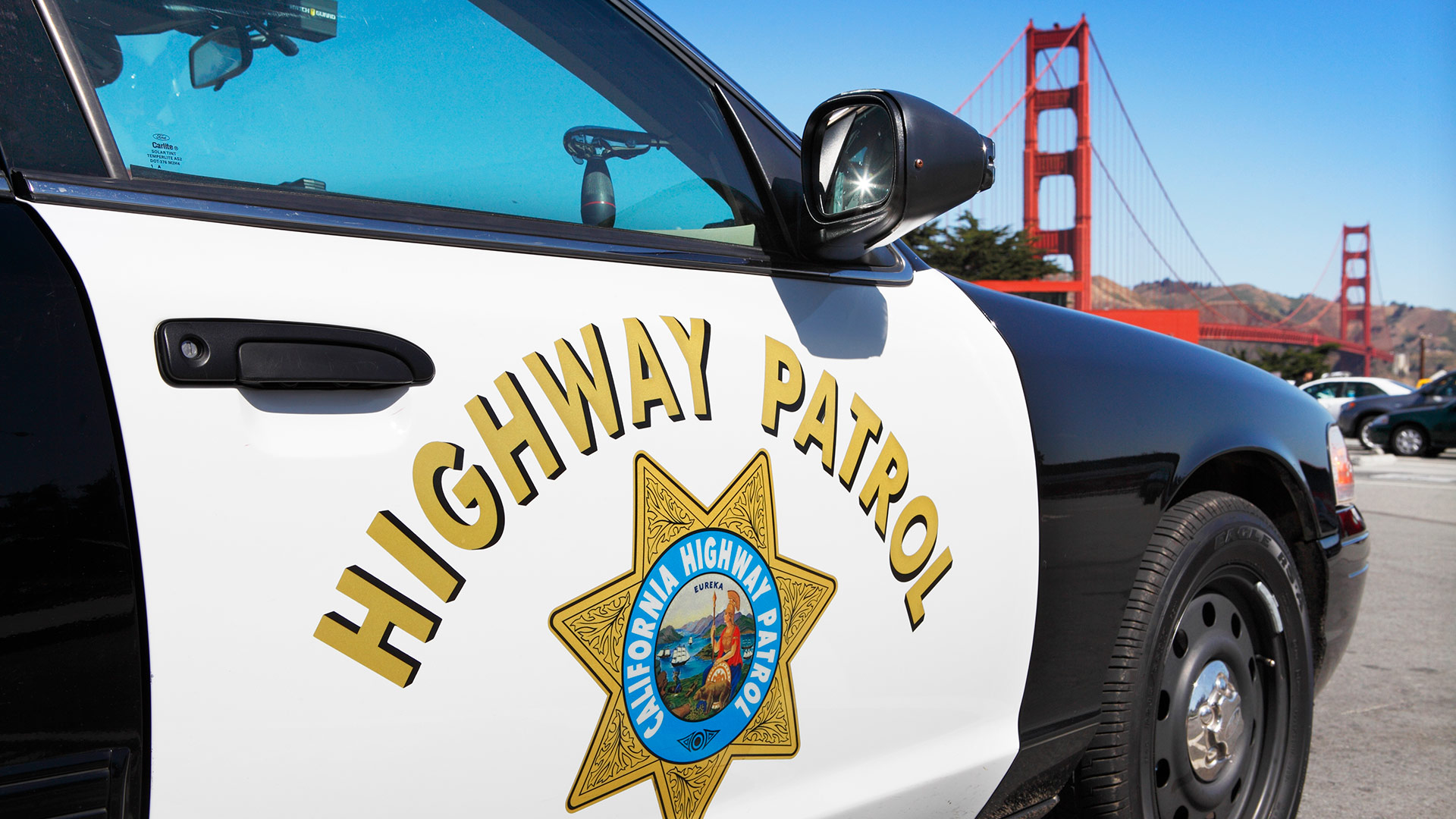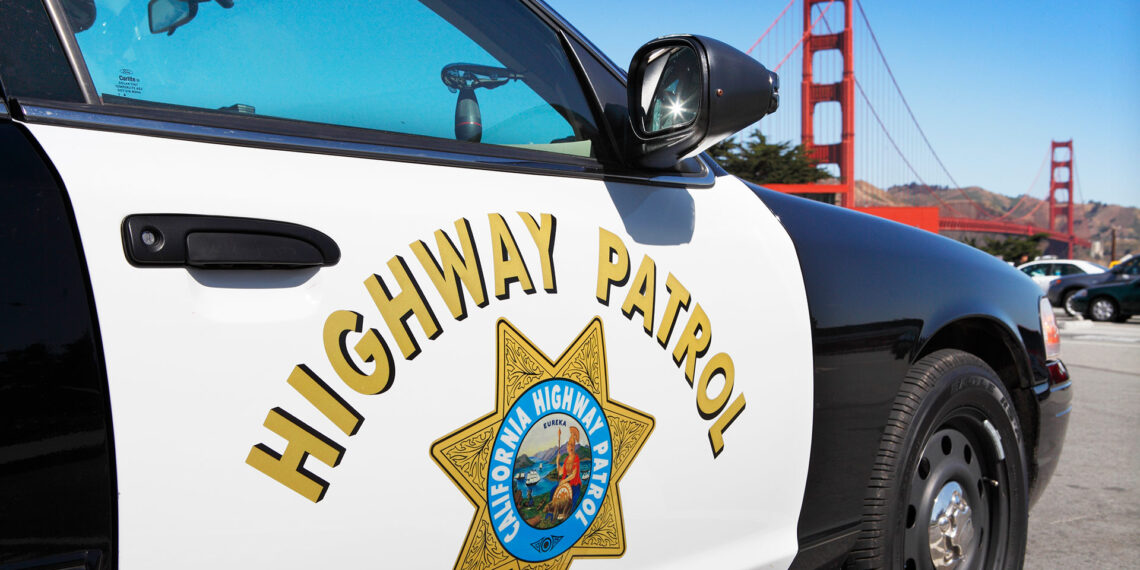[ad_1]

As of January 1, 2024, a new law in California is aiming to reshape police traffic stops over concerns related to racial profiling and transparency in law enforcement interactions.
Assembly Bill 2773, sponsored by Assemblymember Chris Holden (D-41), mandates that police officers must explicitly state the reason for a traffic stop before asking any questions, such as: “Do you know why I pulled you over?”
In addition, the law states that this reason must be documented in official reports.
The law, which also applies to pedestrian stops, is designed to curb what are known as “pretext stops,” where minor infractions are used as a pretext to conduct more extensive searches.
The legislation is a response to data indicating apparent disparities in police stops between Black and white motorists.
Research by the San Francisco Bay Area Planning and Urban Research Association (SPUR), for example, claims to have revealed that Black motorists in California are disproportionately targeted by police stops.
According to a report by the Racial and Identity Profiling Advisory, despite comprising only 5% of the state’s population, Black individuals accounted for nearly 13% of traffic stops.
The impetus behind AB 2773 stems from a desire to promote equity and accountability in law enforcement interactions.
Assemblymember Holden stressed the importance of transparency in the service of protecting public safety.
“My goal with this bill was to promote equity and accountability in communities across California,” stated Holden.
Advocacy groups such as Oakland Privacy also lauded the new law for addressing a systemic issue that they claim has led to tragic outcomes in the past.
According to advocates, the law aims to establish clear communication during stops to prevent misunderstandings and alleviate fears among motorists, particularly those from communities with strained relationships with law enforcement.
Shanāe Buffington, president of the California Association of Black Lawyers (CABL), hopes the law will provide clarity to motorists during stops.
For instance, Buffington noted that prior to the law’s enactment, drivers often found themselves in situations where they were pulled over without understanding the reason behind the stop, leading to heightened anxiety, especially among individuals with previous encounters with law enforcement.
Buffington also advised motorists on how to engage in conversations with the police under the new law in order to avoid self-incrimination.
“Don’t consent to the search and seizure. Let the police officer go and get a warrant. Because, at that point, there has to be probable cause. By then, another set of eyes will be on your case — who will determine if there is enough cause to search your vehicle,” Buffington told KQED.
Buffington also advised motorists to request clarification from officers and, if necessary, seek legal counsel before consenting to any searches of their vehicle.
However, concerns have been raised regarding exceptions to the law. One such exception allows officers to withhold the reason for a stop if they reasonably believe it is necessary to protect life or property from imminent threat.
Critics argue that this discretion could potentially perpetuate biases and contribute to racial profiling.
Despite the criticism, police argued that such exceptions are necessary to maintain their own safety during certain encounters.
While AB 2773 represents a significant step towards reforming police practices, efforts to address broader issues of police accountability and community oversight continue.
CABL is sponsoring AB 797, which aims to establish independent civilian commissions to investigate police use-of-force cases.
Additionally, SB 50, proposed by Senator Steven Bradford, seeks to outlaw pretext stops altogether, signaling ongoing efforts to reform policing practices in California.
A similar police reform measure regulating police interactions during encounters with the public, such as traffic stops, is also underway in New York.
The measure similarly aims to target racial profiling by police, forcing officers to track the race of individuals they engage with.
[ad_2]




